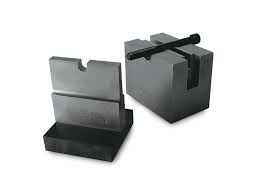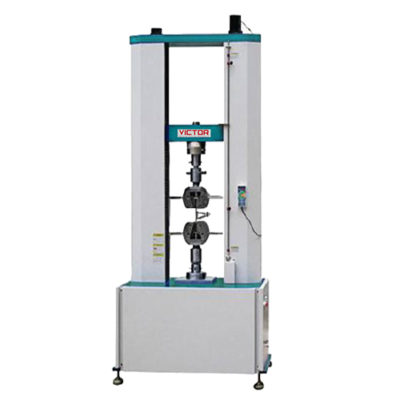ASTM is an international standards organization that is located in the United States of America. The purpose it was introduce to the industry is to publish technical standard agreements for various materials, product, systems and others. Among the ASTM standards that are often use in the industry is ASTM B769.
ASTM B769 Test Standard
Description For ASTM B769
This test method covers double-shear testing of wrought and cast aluminum products to determine shear ultimate strengths.
This standard does not purport to address all of the safety concerns, if any, associated with its use. It is the responsibility of the user of this standard to establish appropriate safety and health practices and determine the applicability of regulatory limitations prior to use.
The intent of this method is to provide a means of measuring the ultimate shear strength of aluminum-alloy wrought and cast products.
Data obtained by this method are use to calculate minimum properties that can be utilized in the design of structural members such as found in aircraft. It is recognize that loading conditions developed by this method, and by most others, are not ideal in that they do not strictly satisfy the definition of pure shear. However, rarely do pure shear conditions exist in structures.
Specimen For ASTM B769
- Aluminum materials
Jigs For ASTM B769
- Double shear fixture
The jig shall be made of hardened steel having a hardness from 60 to 62 Rockwell hardness, C scale (HRC). A suitable alternative is to use a lower-strength steel for the main frame of the jig and have only the steel inserts hardened from 60 to 62 HRC.

Type of UTM machine
We recommend using UTM machines with a capacity of 100kN-50kN. It depends on the strength of the materials.
The testing machines shall conform to the requirements of Practices for Force Verification of Testing Machines.
The loads used to determine the shear strength shall be within the loading range of the testing machine as defined in Practices for Force Verification of Testing Machines.
VEW 2302 Computer Servo Type Universal Testing Machine is a new material testing machine that combined with the electronic technology and mechanical transmission, it has accurate load speed, range of force measurement, has high accuracy and sensitivity for the load, displacement measurement and control, it also can be test the constant-velocity loading, constant- velocity displacement.
This machine is simple to operate, especially suitable for controlling quality in the production line, this series of machine is mainly apply to test the non-metallic and metallic materials which the load is less than 30ton.
Main Function:
Mainly apply to test the metallic and non-metallic materials in tension, compression, bending, shear, peel, tear or two-point extensions and others.
Can be use for materials such as rubber, plastic, wire and cable, optical fiber and cable, safe belt, leather belt composite materials, plastic profiles, waterproof membrane, steel, copper, profiles, spring steel, bearing steel, stainless steel (as well as other high-hardness steel), castings, plate, strip, non-ferrous metal wire.
Testing Procedure
- Clean the specimen and dies with a suitable solvent such as acetone for removal of lubrication.
- Place the specimen in a test jig of the type.
- The cross-head speed of the testing machine shall not exceed 0.75 in. (19.1 mm)/min and the loading rate shall not exceed 100 ksi (689 MPa)/min on the double-shear cross section. Loading rate to failure should be uniform.
- Determine the maximum load to fracture the specimen.
- The mating surfaces of the shear dies should be visually inspected before use for aluminum build-up around the test holes.
- Removal of the aluminum can be accomplished with crocus cloth or soaking the dies in a caustic soda solution following by a water rinse and drying.
Measurement
Shear Strength / Shear stress

